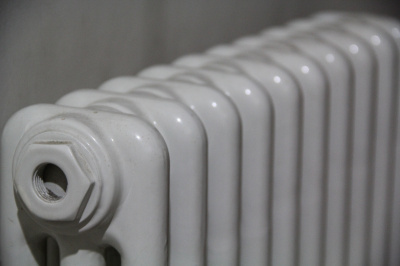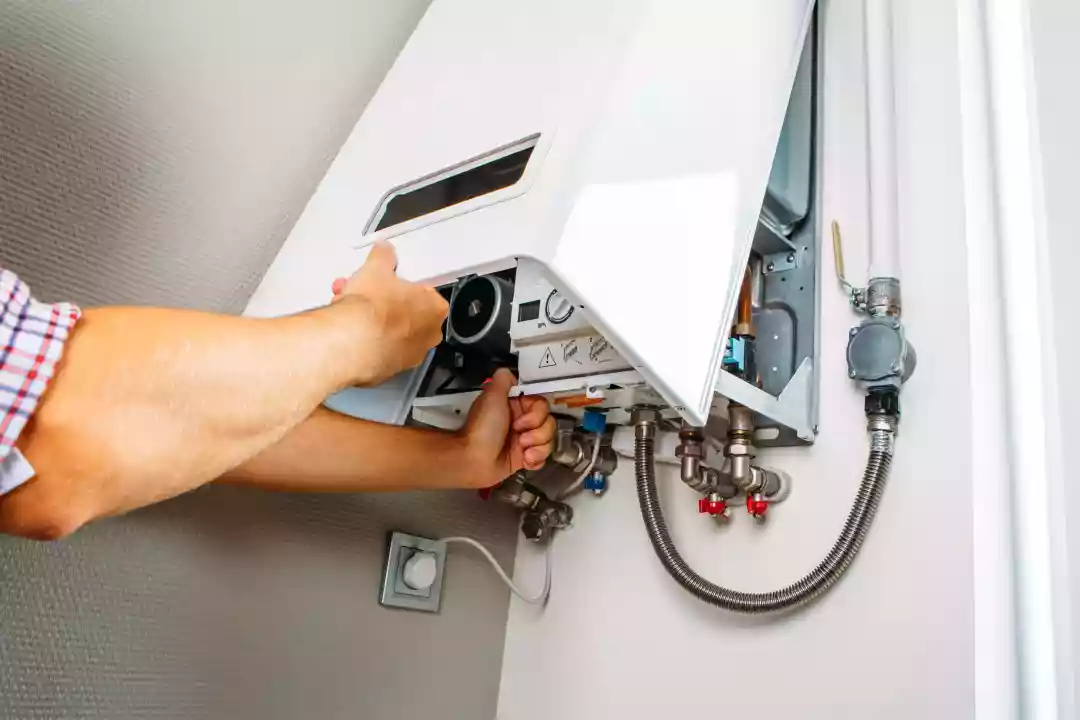Gas Central Heating
When it comes to keeping warm at home, what is the most efficient central heating system? Many factors come into play when deciding which system is right for you. It all depends on your budget and needs. Before making a decision, it’s important to weigh up different energy sources, systems, and efficiency ratings.
Gas central heating is the most popular type of heating in the UK. It’s known for its efficiency, low running costs, and convenience. The main components are the boiler and radiators. The boiler heats up the water, which is circulated through the radiators to emit heat into the room.
Gas boilers are more efficient than ever, with many condensing boilers now achieving over 90% efficiency. However, gas is not the lowest-cost fuel, and it’s also not the most environmentally friendly choice. It’s also necessary to have a gas supply, which can be costly and difficult to install.
Biomass Heating
Biomass heating is becoming an increasingly popular option due to its sustainability and environmental benefits. With biomass, local wood or wood pellets are burned in a boiler to produce heat. The heat from the boiler is transferred to radiators, underfloor heating, or hot water tanks for room heating.
Biomass heating is surprisingly efficient, with some boilers reaching efficiencies of over 96%. This means that the fuel is used more efficiently. Energy bills can also be much lower than other fuel sources. The downside is that biomass systems generally require more maintenance than other types of heating systems.

Need assistance finding central heating near you?
Get a QuoteLPG Central Heating
LPG (Liquid Petroleum Gas) is becoming an increasingly popular choice for rural homes. It’s often cheaper than mains gas, and it doesn’t require specialised installation work. The boiler works in a similar way to a mains gas boiler: it heats up water and delivers it to radiators.
The efficiency of LPG boilers can vary from around 70% to over 90%, depending on the type. Generally speaking, LPG is a more expensive fuel than gas, but the prices can still be competitive. The main downside is that LPG is a non-renewable fuel, so it’s not as environmentally friendly as other options.
Oil Central Heating
Oil central heating is commonly used in areas where there is no access to mains gas. It works by burning oil in a boiler to heat up water, which is then delivered to the radiators. Oil boilers are typically efficient, with most models achieving over 80% efficiency.
The main benefit of oil central heating is that it’s usually the cheapest heating fuel. It can also be relatively easy to install. However, the running costs can be higher than other fuels and it’s not as environmentally friendly.
Efficient Electric Heating
Electric heating is becoming increasingly popular for a number of reasons. It’s clean, efficient, and relatively low-cost. Electric boilers are known for their high efficiency, with many models reaching efficiencies of over 95%.
Electric heating is also easy to install, and it requires very little maintenance. The main downsides are that electric heating can be expensive to run, and the output can be limited for larger homes.
When it comes to choosing the most efficient central heating system, it’s important to consider all of the options. From gas to biomass, and electricity to oil, each system has its pros and cons. Take your time to research and compare the different systems to ensure you make the right decision for your home’s needs.
In this article:
